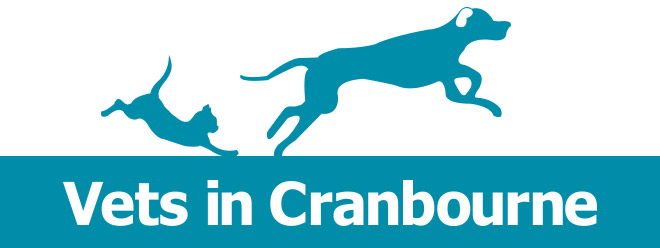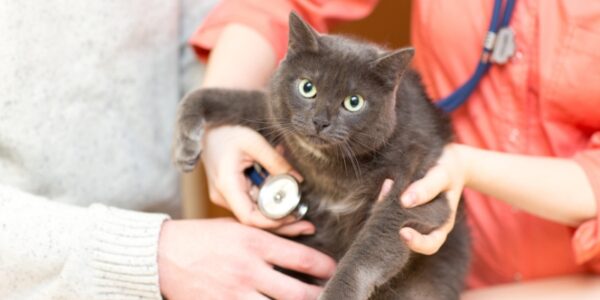At Vets in Cranbourne, we offer desexing services so you can help ensure your dog’s health and well-being. Desexing, which includes spaying and neutering, is a surgical procedure designed to prevent unwanted pregnancies and provides a range of behavioural and health benefits.
In Victoria, small dogs are usually desexed around seven months of age, while larger breeds are typically desexed between 10 months and two years, depending on their breed, sex, and any pre-existing health conditions.
Desexing Options?
For Male Dogs
- Permanent Surgical Desexing (Castration): Surgical removal of the testicles.
- Temporary Contraception (Suprelorin): An implant providing temporary contraception, allowing you to assess behavioural changes before deciding on permanent surgery.
For Female Dogs
- Spaying: Involves the surgical removal of the ovaries and uterus.
Why Desex Your Dog?
Desexing your furry friend helps control the pet population and offers numerous health and behavioural advantages. Additionally, it entitles you to reductions on council pet registration fees throughout your dog’s life, helping to manage the cost of pet care.
Health Benefits
For Female Dogs (Spaying)
- Lowers the risk of mammary tumours
- Eliminates the risk of ovarian and uterine tumours
- Prevents pyometra, a severe uterine infection
For Male Dogs (Neutering)
- Reduces the risk of prostatic diseases
- Decreases the likelihood of perianal tumours
- Eliminates the risk of testicular cancer
- Helps prevent undesirable behaviours like marking, aggression, and wandering
For Male Dogs (Suprelorin Implant)
- A non-invasive procedure for addressing prostate and testicular issues
- Does not impact the growth or development of large-breed dogs
Desexing Care at Vets on Cranbourne
At Vets in Cranbourne, we ensure your dog’s desexing is handled with the highest level of care.
Pre-Surgery
- We will reach out to confirm all necessary details about the surgery.
- Your dog will need to fast from midnight before the procedure.
- On the surgery day, a nurse will review the consent form and procedure details with you.
During the Surgery
- A thorough health check and optional blood test will be conducted.
- If the results are clear, the surgery will proceed; otherwise, we will get in touch with you.
- A catheter will be used to administer fluids and medications.
- Our skilled veterinary team will carry out the surgery, with close monitoring by an experienced nurse.
Postoperative Care
- Your dog will be attentively monitored while resting in a warm and comfortable bed.
- A tattoo will be placed on their left ear for identification purposes.
- We will provide pain relief medication and an e-collar to protect the surgical area.
- We will update you on your dog’s recovery progress and schedule a complimentary follow-up appointment within 3-5 days. A second complimentary consultation for a recovery assessment will be scheduled within 10 to 14 days.
A detailed pre and post-surgery care guide will be provided to help you prepare your dog for the desexing procedure and manage their recovery.
Contact Vets in Cranbourne to book an appointment or to get more information about spaying or neutering your dog.




